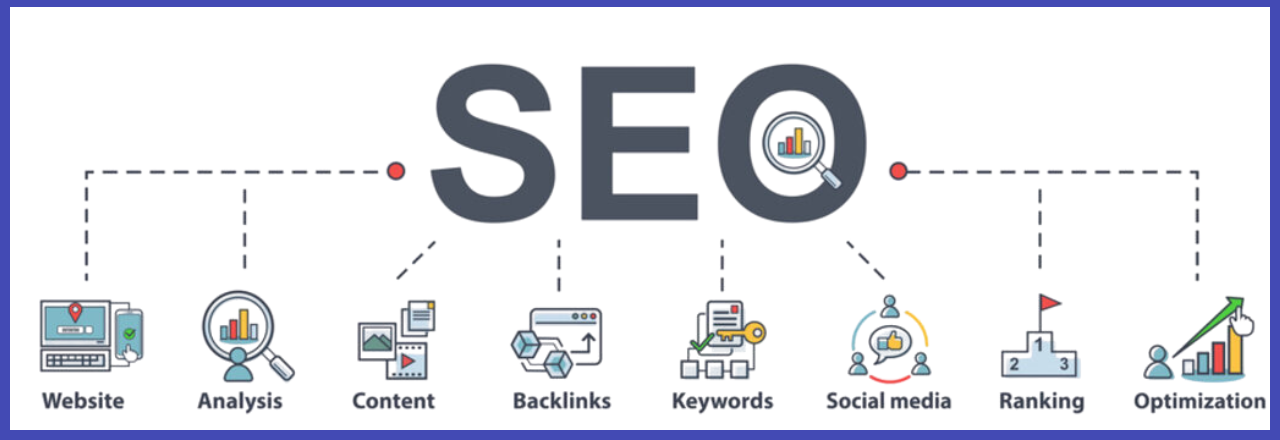

What is SEO?
SEO (Search Engine Optimization) is the practice of enhancing your website so it appears higher in search engine results pages (SERPs) like Google, Bing, or Yahoo. The aim is to increase organic traffic to your site—that is, visitors who find you through search engines without paying for ads.
How Does SEO Work?
SEO is a blend of various techniques that fall into three main categories:
What is SEO?

SEO (Search Engine Optimization) is the practice of enhancing your website so it appears higher in search engine results pages (SERPs) like Google, Bing, or Yahoo. The aim is to increase organic traffic to your site—that is, visitors who find you through search engines without paying for ads.
1. On-Page SEO:
Keyword Optimisation: Using relevant keywords naturally in your content, titles, meta descriptions, and headings.
Content Quality: Producing high-quality, useful, and engaging content.
Image Optimisation: Using relevant alt text and filenames for images.
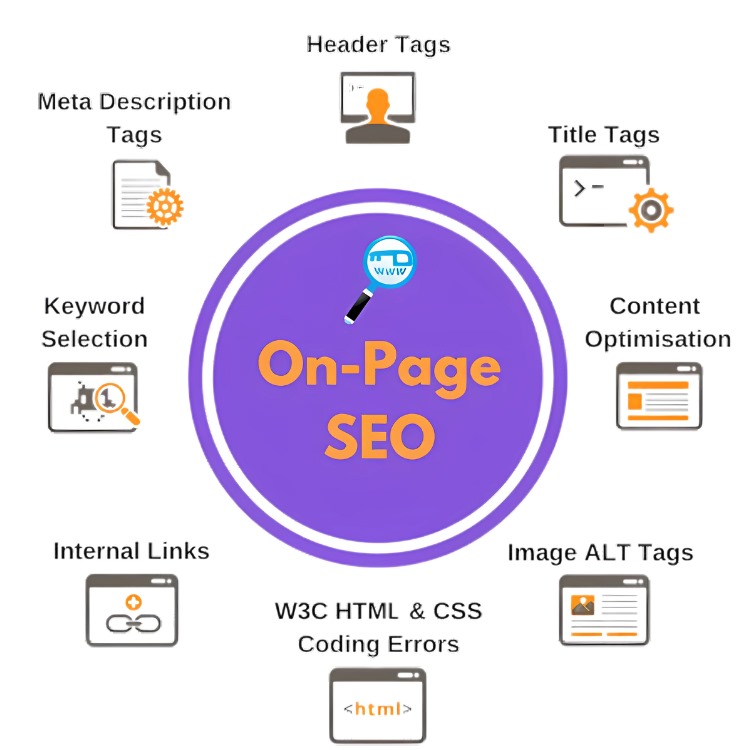
1. On-Page SEO:

Keyword Optimisation: Using relevant keywords naturally in your content, titles, meta descriptions, and headings.
Content Quality: Producing high-quality, useful, and engaging content.
Image Optimisation: Using relevant alt text and filenames for images.
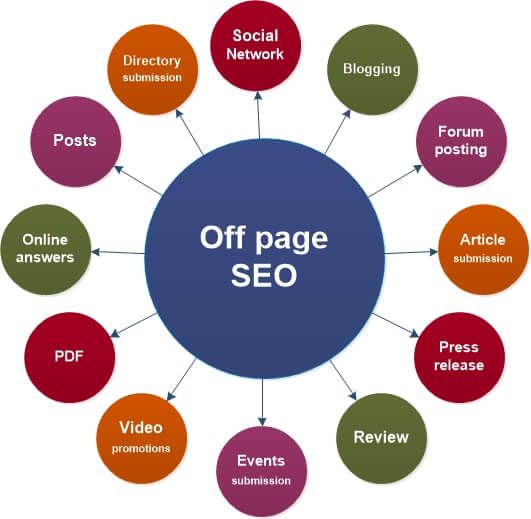
2. Off-Page SEO:
Link Building: Acquiring high-quality backlinks from reputable websites to boost your site’s authority and ranking.
2. Off-Page SEO:

Link Building: Acquiring high-quality backlinks from reputable websites to boost your site’s authority and ranking.
3. Technical SEO:
Mobile-Friendliness: Ensuring your site is easily navigable and functional on mobile devices.
Page Speed: Improving how quickly your pages load.
Site Structure: Organising your site in a logical manner to help search engines understand it better.
XML Sitemaps: Creating a sitemap to guide search engines through your site’s structure.
URL Structure: Crafting clear, descriptive URLs for your pages.
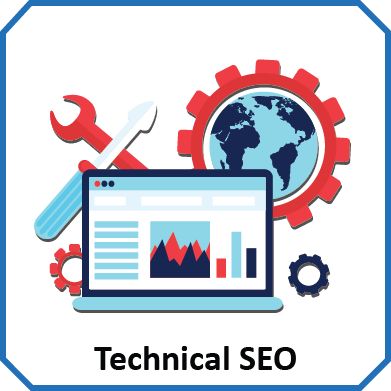
3. Technical SEO:

Mobile-Friendliness: Ensuring your site is easily navigable and functional on mobile devices.
Page Speed: Improving how quickly your pages load.
Site Structure: Organising your site in a logical manner to help search engines understand it better.
XML Sitemaps: Creating a sitemap to guide search engines through your site’s structure.
URL Structure: Crafting clear, descriptive URLs for your pages.
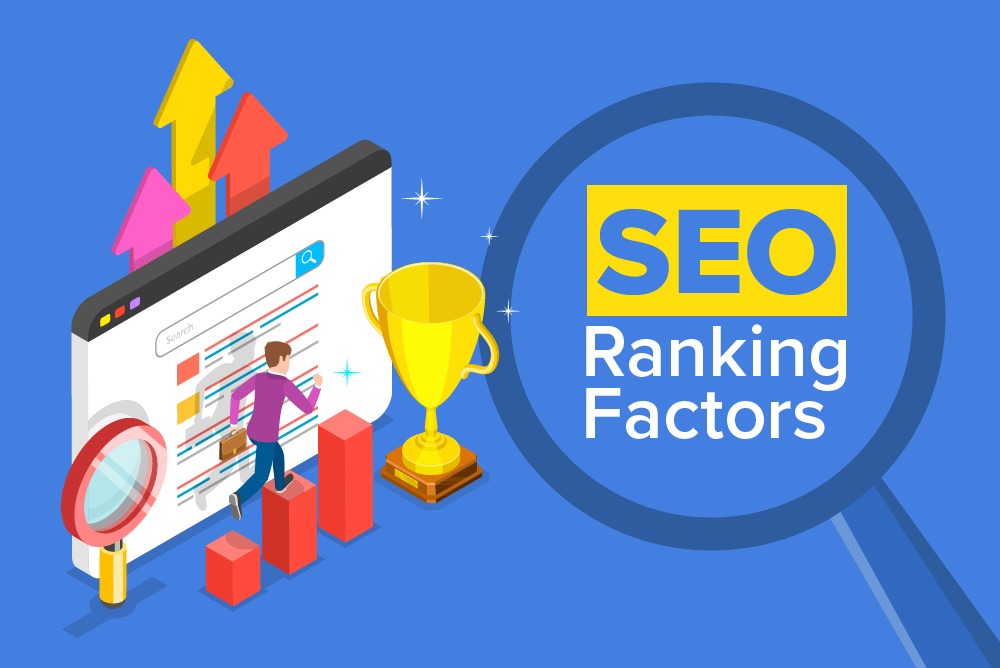
Factors Affecting SEO Ranking
- Relevance: How well your content matches the user’s search query.
- User Experience: The ease with which users can navigate and find information on your site.
- Mobile-Friendliness: How well your site performs on mobile devices.
- Page Speed: The loading time of your website.
In essence, SEO is about making your website both search engine-friendly and user-friendly. By focusing on technical aspects, high-quality content, and building external links, you can enhance your website’s visibility and attract more organic traffic.
Factors Affecting SEO Ranking

- Relevance: How well your content matches the user’s search query.
- User Experience: The ease with which users can navigate and find information on your site.
- Mobile-Friendliness: How well your site performs on mobile devices.
- Page Speed: The loading time of your website.
In essence, SEO is about making your website both search engine-friendly and user-friendly. By focusing on technical aspects, high-quality content, and building external links, you can enhance your website’s visibility and attract more organic traffic.
TRENDING AI SEO NOW SGE
- Google Search Generative Experience (SGE): AI-driven feature providing tailored answers at the top of search results.
- Voice Search Optimisation: Adapting content for conversational queries used in voice searches.
- Programmatic SEO: Automating the creation of keyword-targeted pages.
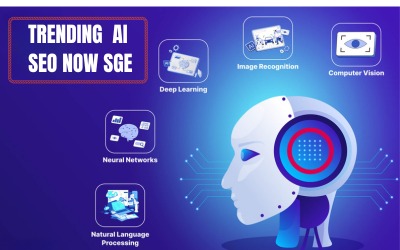
TRENDING AI SEO NOW SGE

- Google Search Generative Experience (SGE): AI-driven feature providing tailored answers at the top of search results.
- Voice Search Optimisation: Adapting content for conversational queries used in voice searches.
- Programmatic SEO: Automating the creation of keyword-targeted pages.
The Future of SEO: Key Trends
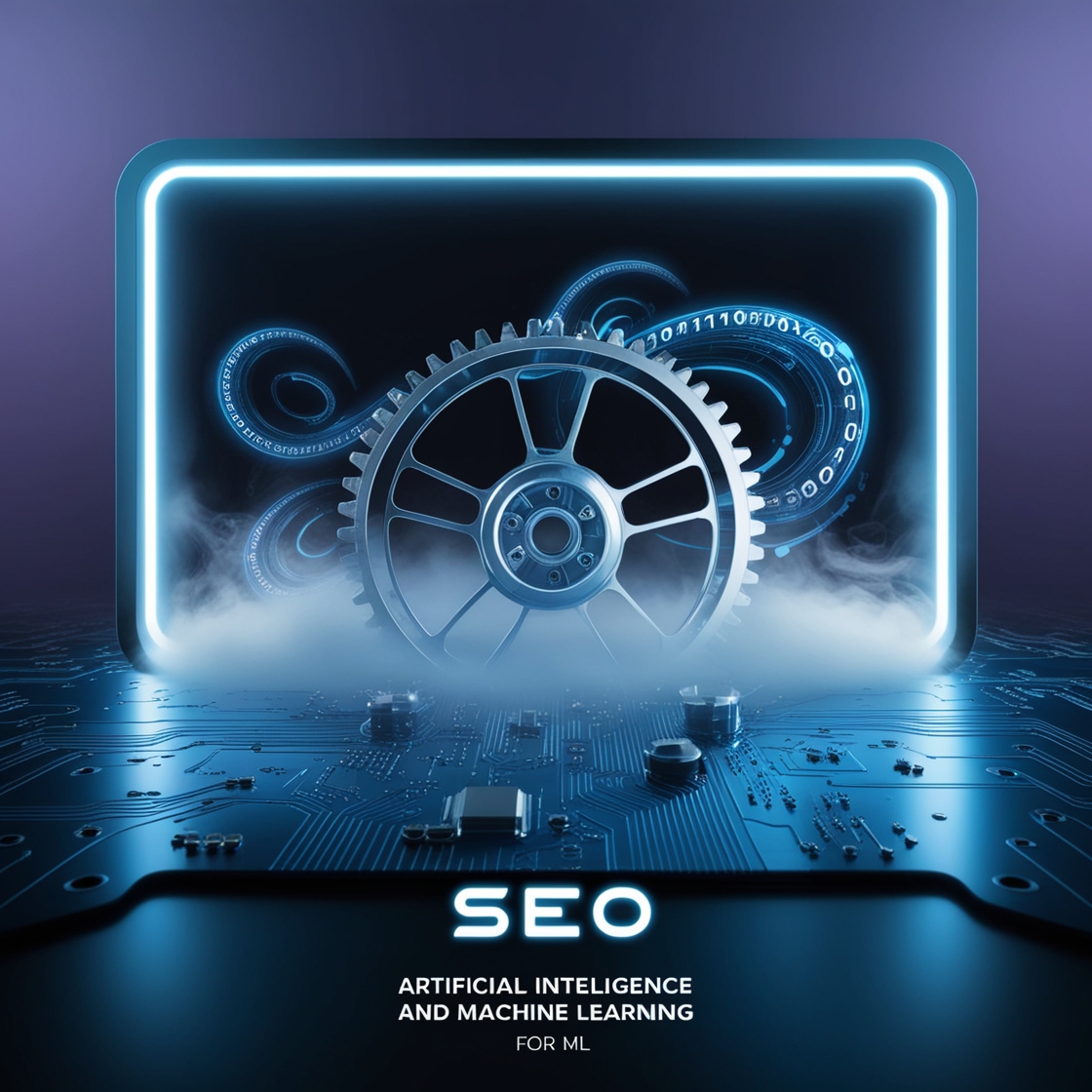
1. Artificial Intelligence and Machine Learning:
Personalised Search Results: AI will personalise search results based on user preferences.
Semantic Search: Improved understanding of the intent behind search queries for more accurate results.
Automated SEO Tasks: AI tools will automate tasks like keyword research and content optimisation.
1. Artificial Intelligence and Machine Learning:

Personalised Search Results: AI will personalise search results based on user preferences.
Semantic Search: Improved understanding of the intent behind search queries for more accurate results.
Automated SEO Tasks: AI tools will automate tasks like keyword research and content optimisation.
2. Voice Search Optimisation:
Natural Language Processing: Better understanding of conversational queries.
Long-Tail Keywords: Focusing on longer, more specific phrases used in voice searches.
Conversational Content: Creating content that answers questions in a natural, conversational style.

2. Voice Search Optimisation:

Natural Language Processing: Better understanding of conversational queries.
Long-Tail Keywords: Focusing on longer, more specific phrases used in voice searches.
Conversational Content: Creating content that answers questions in a natural, conversational style.
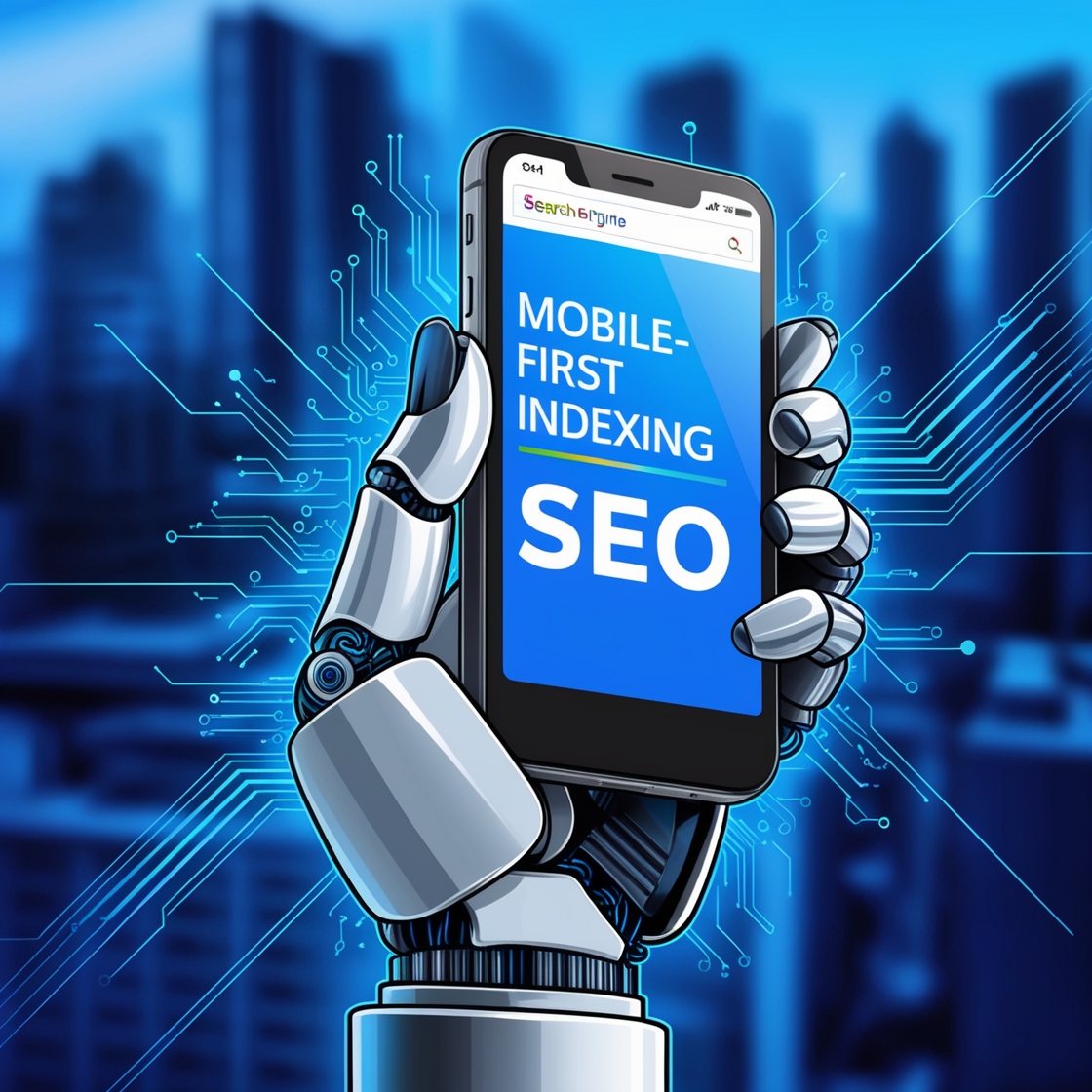
3. Mobile-First Indexing:
Mobile-Friendly Websites: Ensuring sites are optimised for mobile devices.
Page Speed: Fast loading times on mobile are crucial.
Mobile-Specific Content: Tailoring content for mobile users with shorter paragraphs and larger fonts.
3. Mobile-First Indexing:

Mobile-Friendly Websites: Ensuring sites are optimised for mobile devices.
Page Speed: Fast loading times on mobile are crucial.
Mobile-Specific Content: Tailoring content for mobile users with shorter paragraphs and larger fonts.
4. Enhanced User Experience:
Core Web Vitals: Focusing on metrics like Largest Contentful Paint (LCP) and Cumulative Layout Shift (CLS) for a better user experience.
Accessibility: Making sure your site is accessible to people with disabilities.
Local SEO: Optimising for local searches to attract nearby customers.

4. Enhanced User Experience:

Core Web Vitals: Focusing on metrics like Largest Contentful Paint (LCP) and Cumulative Layout Shift (CLS) for a better user experience.
Accessibility: Making sure your site is accessible to people with disabilities.
Local SEO: Optimising for local searches to attract nearby customers.

5. Visual Search and Augmented Reality:
Image Optimisation: Using keywords and alt text for better visibility in visual searches.
AR Integration: Leveraging augmented reality for interactive and engaging user experiences.
5. Visual Search and Augmented Reality:

Image Optimisation: Using keywords and alt text for better visibility in visual searches.
AR Integration: Leveraging augmented reality for interactive and engaging user experiences.
How Upgrades Digitally Marketing Solutions Can Help
Upgrades Digitally Marketing Solutions offers comprehensive SEO services to boost your online presence. Our services include:
- Technical SEO Audits: Assessing and improving the technical aspects of your website.
- Content Creation: Crafting high-quality, keyword-optimised content.
- Link Building: Developing strategies to acquire reputable backlinks.
- Local SEO: Enhancing your visibility in local search results.
- Mobile Optimisation: Ensuring your site is fully optimised for mobile users.
By staying ahead of SEO trends and focusing on delivering a great user experience, we help your website climb the search engine rankings and attract more organic traffic.
Stay Connected
Track Your Website’s Performance
Receive regular updates to effortlessly monitor and
optimize your site’s performance.


